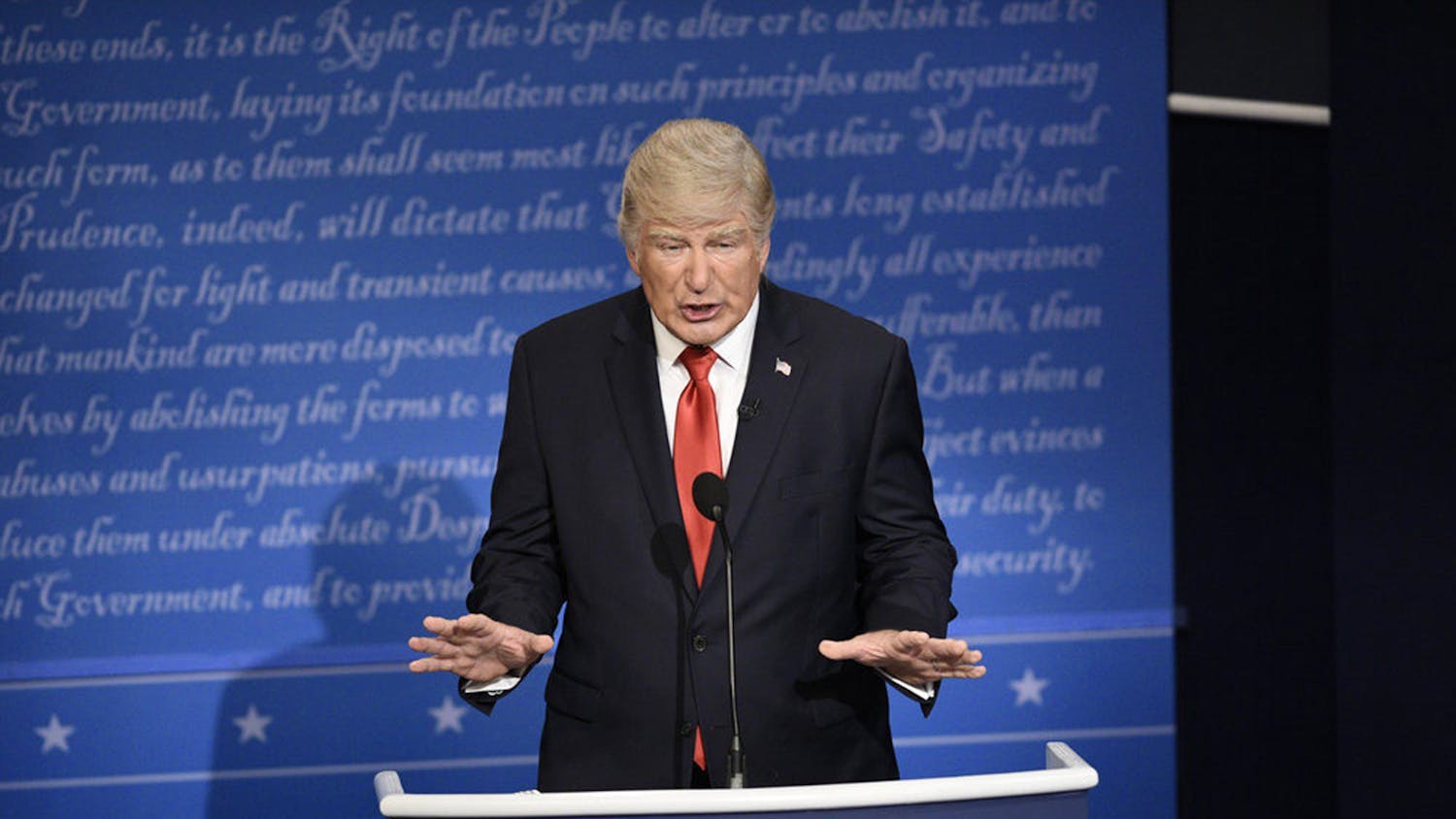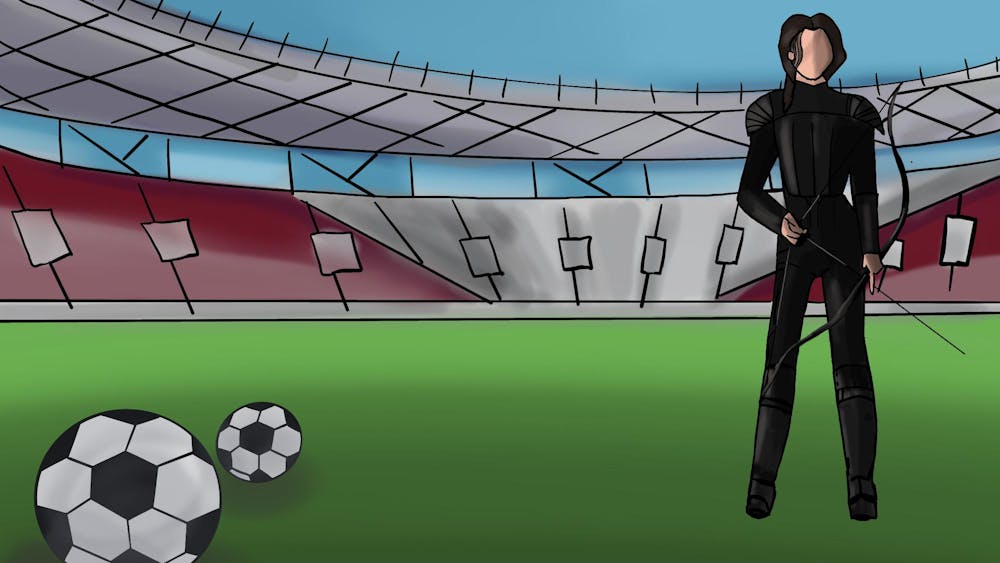Amid boos and cries of outrage, the curtain fell on the late-June production of “Guillaume Tell” at the Royal Opera House in London.
Ordinarily a flashy production, full of feats of heroism and suspenseful peril, “Guillaume Tell’s” director included a depiction of violence far more visceral — and more disturbing — than those a chivalrous archer would execute: sexual assault.
The presence of such a brutally realistic depiction of rape in the high art of opera catalyzed a cacophony of frustration, criticism and disgust.
The intensity of the condemnation from the classical community denotes an undercurrent of anxiety about the translation of sexual assault to the operatic stage and places a spotlight on our conceptual weaknesses: Audiences cannot bear to witness an attack of this nature in such realistic arena.
Rhetoric like “inexcusably nasty” and “dismally brutal,” as the scene was characterized by local reviewers, indicates encountering rape enacted by dynamic characters — with personality, history and humanity — is unpalatable.
The presence of sexual assault in live performance introduces a new medium of consumption, one that doesn’t allow audiences to evade the crime’s actuality.
Viewers have been exposed to sexual violence in all other modes, but the absence of a human encounter has thus far made the gritty unacceptability easy to escape.
In an opera, when a gasping, crying woman struggles before other members of the human race, reality demands to be seen. And the outcry indicates the bitterness has struck its mark.
Much of the criticism was fueled by disbelief “high art” like opera could include content so crass. In truth, the midst of a classical spectacle is the ideal environment in which to frame and expose the horrors of sexual assault.
Operas transcend the boundaries of time and their accompanying cultural climates unlike other art forms. They are reproductions of ancient stories told across centuries and yet are portrayed by us in the midst of our own daily landscape.
As we walk into the dawn of self-awareness and self-examination of the gender dynamics shaping our conceptions of each other, the vital message only an opera is equipped to convey is rape — like love, war, jealousy, murder, betrayal, ambition and destruction — is a tale as old as time.
Opera breathes. Sexual assault committed on stage is unbearably repulsive because the characters involved bear undeniable resemblance to ourselves.
Micaela Baranello of the New York Times wrote, “the problem with many of these scenes is that they generalize and make abstract an acutely painful and personal experience by co-opting individual trauma for symbolic currency.”
She must have miscalculated such currency’s exchange rate, because the outrage with which the audience responded evidences everything but generalizations and abstractions.
The scene was appalling, and the audience got far less than the benign allusions for which they bargained. They got something near reality in all its horror and nausea.
Depictions of sexual assault in media are problematic when they become exactly what Baranello described: allusive, epithetical, glamorized plot features. Of these we must beware.
But the Royal Opera house can measure its success in the decibels at which their patrons shrieked following “Guillaume Tell.”
sbkissel@indiana.edu





